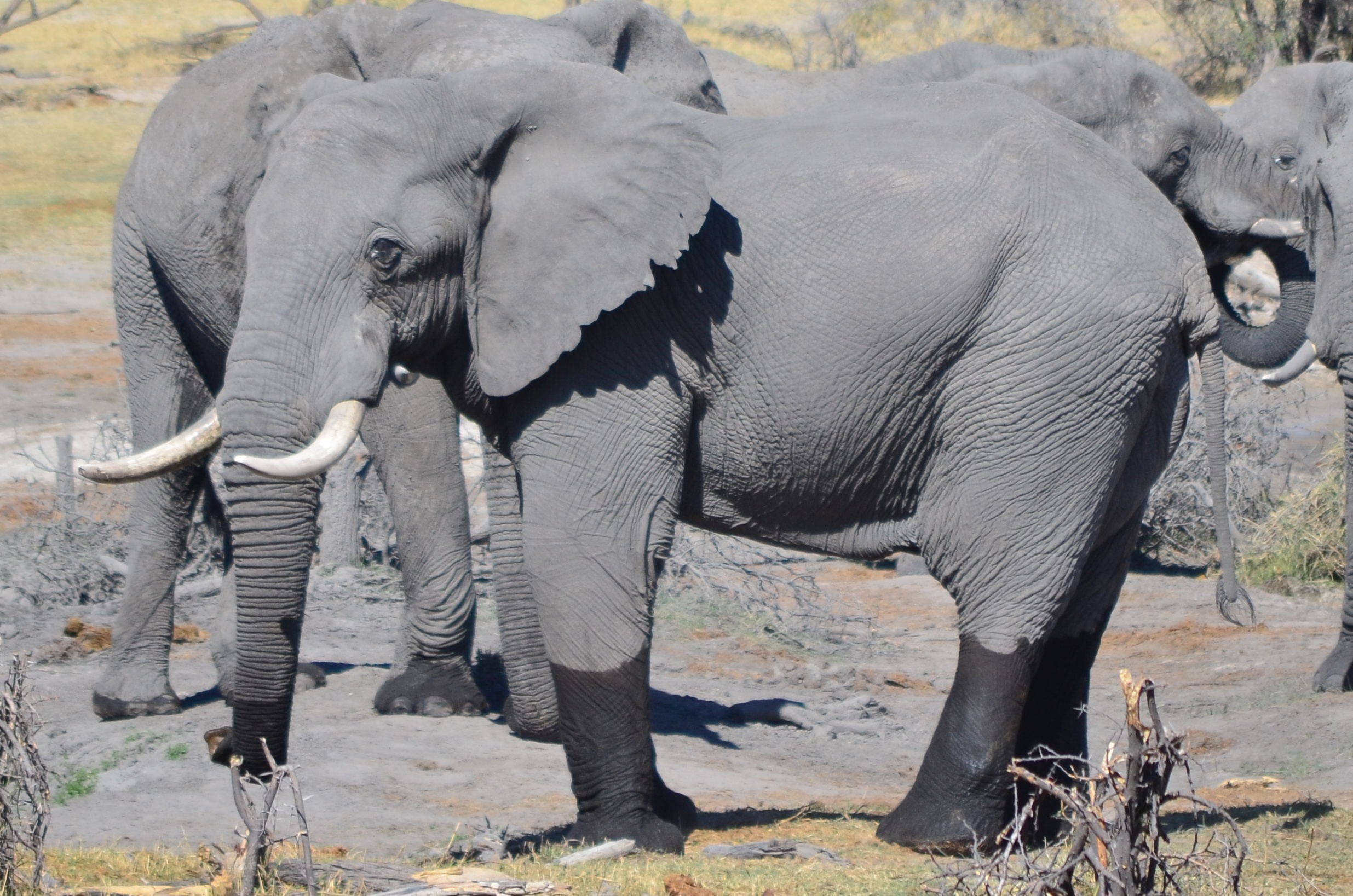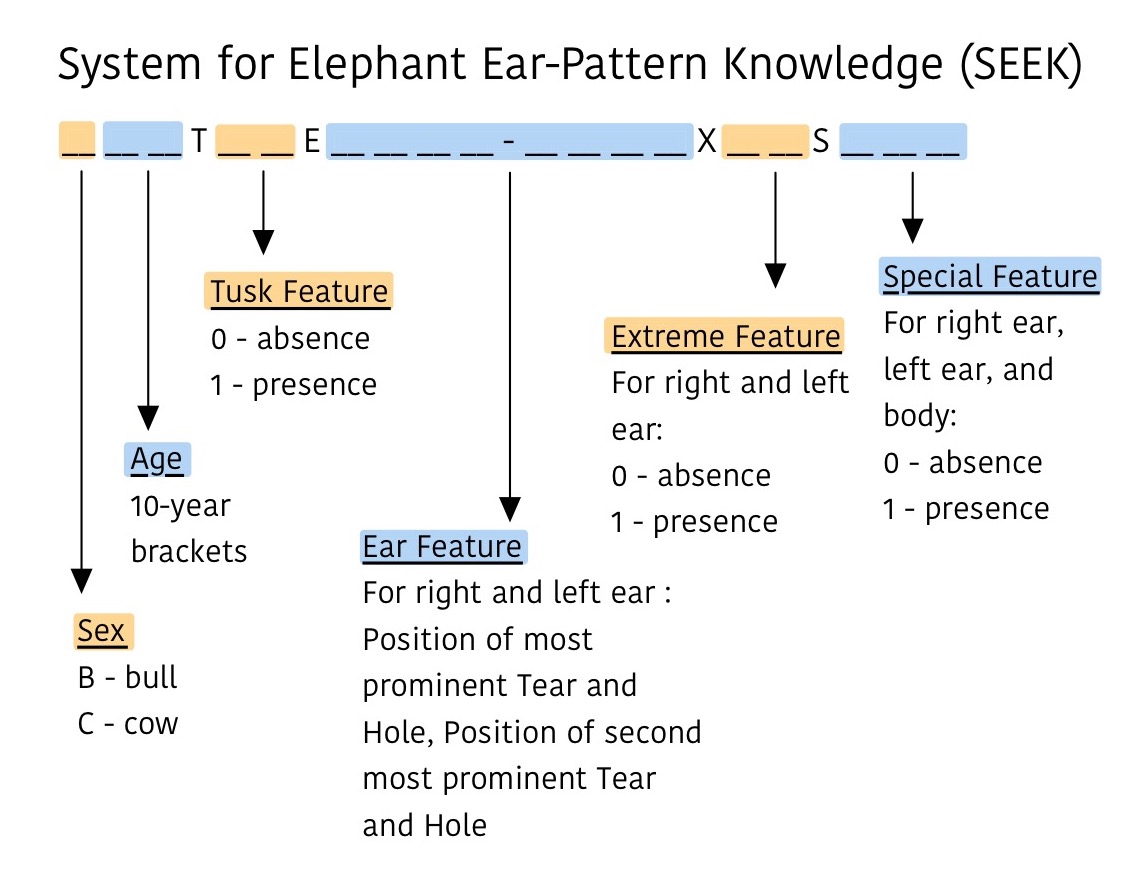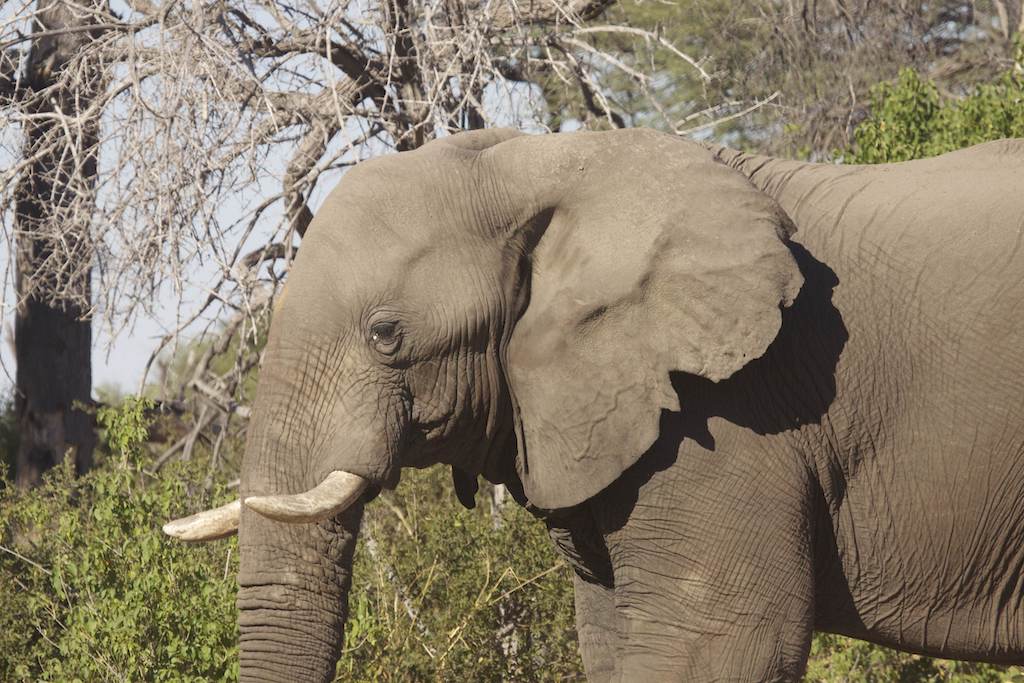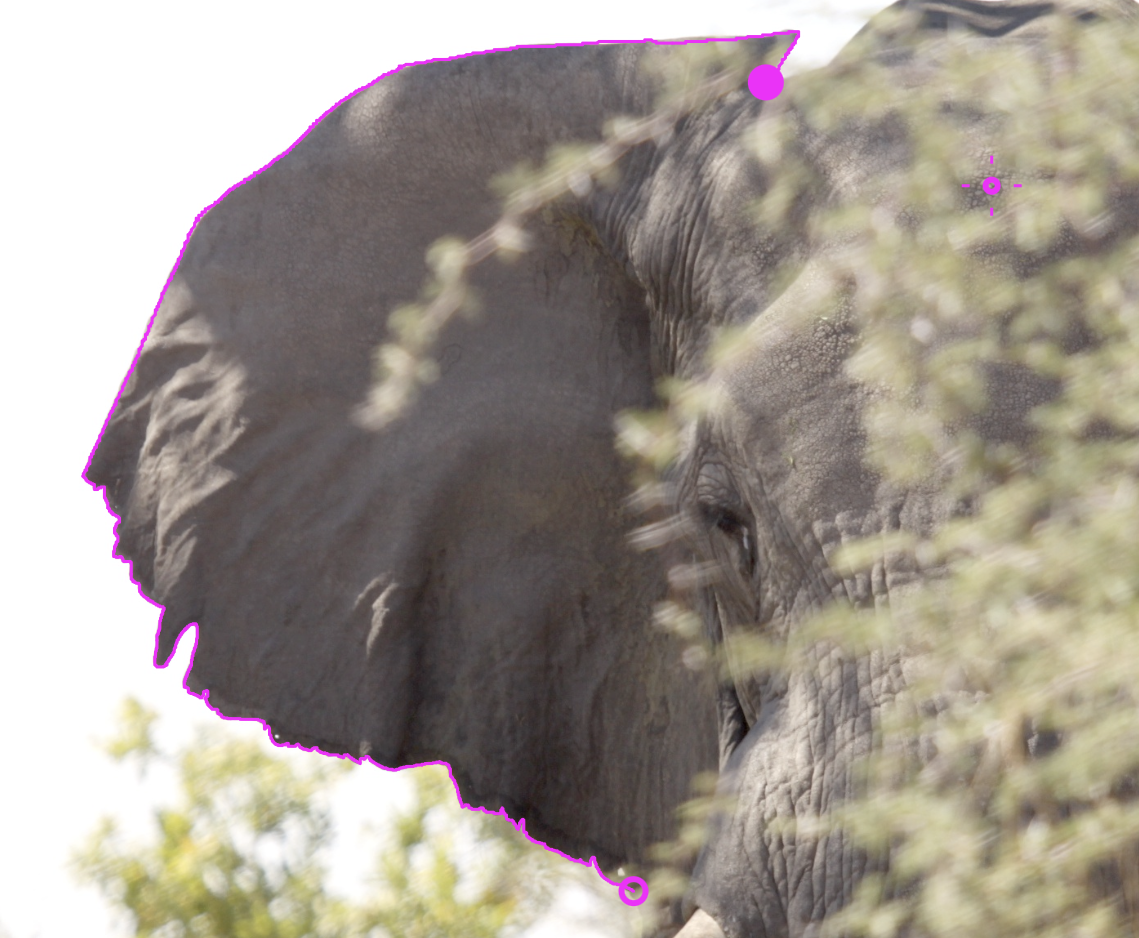We encourage you to register on the Ripples portal prior to classifying elephants to ensure you receive participation credit
Research
Elephants for Africa: Where the data and the goals come from
Elephants for Africa (EfA) is an NGO collecting long-term data on interactions and associations between individual African savanna elephants (Loxodonta africana), which are identified using ear notch patterns, tusk morphology, and other characteristics. We conduct our research in Botswana's Makgadikgadi Pans National Park (MPNP). The MPNP elephant population is of interest to us as it consists of predominantly bull elephants – over 95% of the elephants that we record are transient males. Therefore, it is an ideal place to study the social behavior of the all-male groups found in this ‘bull area’. We are interested in understanding more about the social behavior of these males because we believe that the dynamic, fission-fusion nature of their interactions may influence behavior later in life, especially in terms of dominance hierarchies and risky behaviors such as crop raiding. Understanding male elephant social behavior, how it might differ in areas dominated by bulls from those dominated by breeding herds, and what impact social interactions have on learning abilities and information transfer is fundamental to being able to predict responses to changing ecological conditions and human encroachment.
Within the park, EfA employs both focal follows (in-person observations) and camera traps to track the elephant population. When elephants were sighted in person, the research team took multiple images of each elephant’s ears and tusks to build a database that can be used to recognize the same individuals when they are next encountered. The purpose of this project is to review the unidentified images of elephants in MPNP and generate the data necessary to be able to recognize them in past and future observations.

Elephant Identification Methods
SEEK
The tasks you'll be working on in the General Features, Ear Features and Special Feature Workflows will be combined to form a string of characters that encode an elephant's identifying features into an identification (ID) code. These ID codes help experts identify individuals across multiple images to create an accurate elephant database. The ID codes are based on the System for Elephant Ear-Pattern Knowledge (SEEK) coding system developed in South Africa which you can read about here! See the graphic below for a summary of the parts of an ID code.

Example of a SEEK ID Code

The image of the elephant above gives us the following information:
- Sex: We see by the forehead shape that this elephant is a Bull.
- Age: The tusks, head and back shape let us classify this bull as around 20 years old, which has the code 00. Due to the difficulty in aging elephants, we only consider two categories in this project: Calf/Juvenile and Sub-Adult/Adult.
- Tusks: We can see both the right and left tusks are present.
- Ear Features: The right ear is not visible in the image, so we leave those characters blank. The left ear is visible, and we can see there are two prominent tears, both in the middle position (which is coded with a 4 for the left ear). We see no prominent holes, which is coded with a 0. We write this information as follows: E _ _ _ _ - 4 0 4 0
- Extreme Features: We cannot see the right ear, so we leave those characters blank. The left ear has no tears or holes that classify as extreme.
- Special Features: Again, we leave the right ear character blank. The left ear does not have any special features. We also leave the body character blank because we cannot see enough of it to tell if the elephant has a special body feature.
The final code looks like this:

This is a lengthy process, so the features have been split into different workflows whose data will be combined to get a complete SEEK code for each elephant. Once we have IDs and corresponding images for a group of elephants and a new image comes in, we will be able to:
- Get the ID code for the elephant in the new image,
- Compare it with the existing database of ID codes, and
- Decide if the elephant in the new image has been seen before OR if the elephant is new to our database.
Ear Contours
The drawing tasks in the Ear Contour Drawing Workflow help train a machine learning algorithm designed to re-identify individual elephants by using the contour (outline) of their ear edge, since this is one of the most unique aspects you can see in images.

These ear contours can be added to the elephant database along with the ID code generated from the other workflows. This improves the re-identification accuracy of elephants in camera trap images, as you can read about here